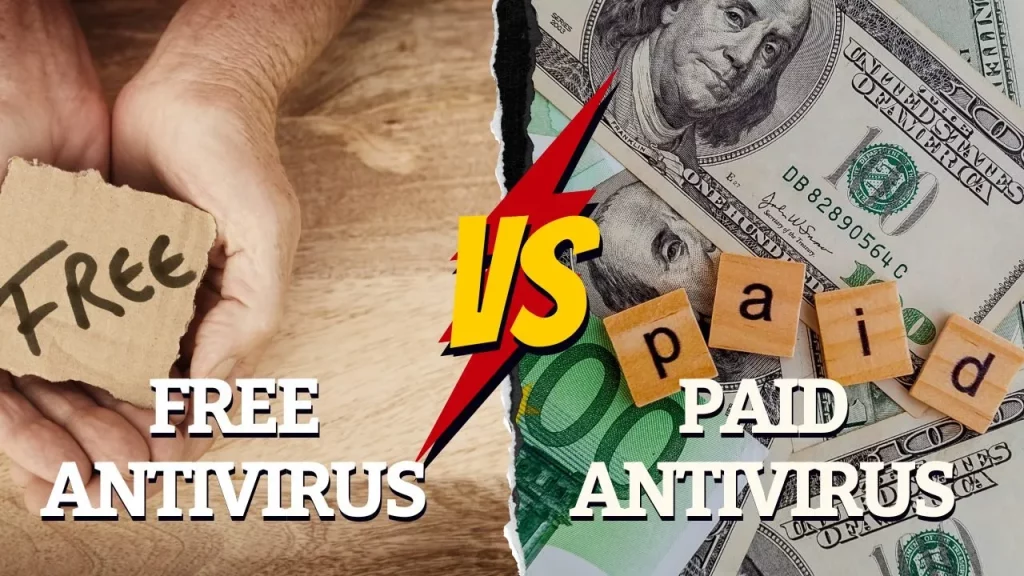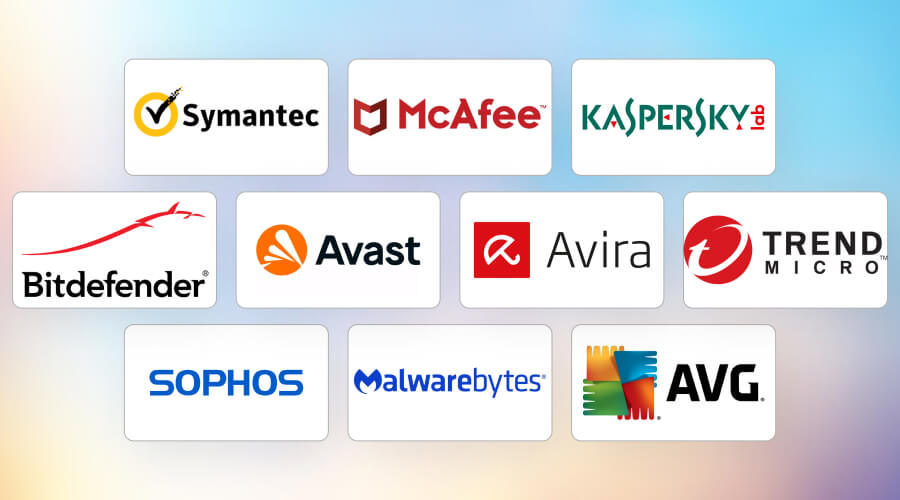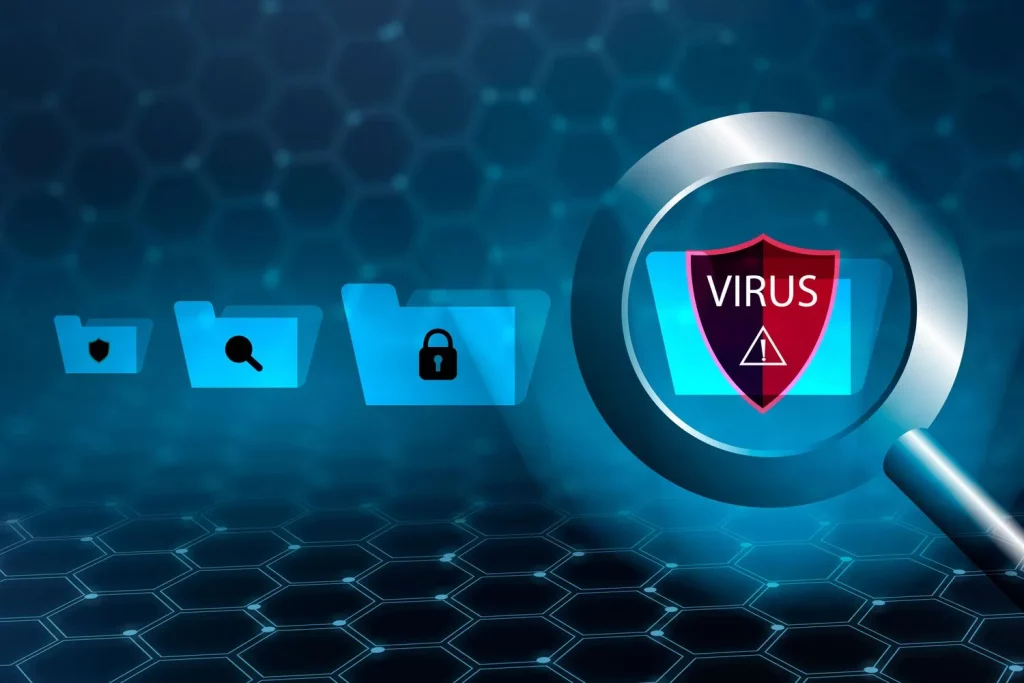When it comes to protecting your computer from viruses, malware, and other online threats, one of the biggest questions users face is: Should I use a free antivirus or invest in a paid version?
In this article, we’ll explore the key differences between free and paid antivirus programs — including features, performance, and security effectiveness — so you can decide whether upgrading is worth it.
🧩 Understanding Free Antivirus Limitations
Free antivirus software can be a great starting point for basic protection, especially if you’re on a tight budget. However, these programs often come with significant limitations:
✅ Pros of Free Antivirus:
- Basic virus and malware detection
- Lightweight and easy to install
- No cost — ideal for casual users
❌ Cons of Free Antivirus:
- Limited or no real-time protection
- No firewall or network monitoring
- Lack of advanced features like ransomware protection
- Minimal customer support
- Often includes ads or upsells to premium versions
Some well-known free antivirus options include Avast Free Antivirus , AVG AntiVirus FREE , and Windows Defender (built into Windows).
💎 Features Offered by Paid Antivirus Programs
Paid antivirus solutions go beyond simple virus scanning to offer comprehensive digital protection. These programs are designed to safeguard not only your device but also your personal data, online identity, and even your family members’ devices.
✅ Common Features in Paid Antivirus:
- Real-time protection against malware, phishing, and ransomware
- Firewall protection to monitor incoming and outgoing traffic
- Password managers to store and auto-fill login credentials securely
- Parental controls to protect children online
- Cloud backup and file encryption tools
- Identity theft protection
- Multi-device licenses (for PCs, Macs, Android, iOS)
- Dedicated customer support
Examples of popular paid antivirus suites include Bitdefender Total Security , Norton 360 , and Kaspersky Premium .
🛡️ Security Effectiveness Comparison
While free antivirus programs may detect common threats, they often fall short when it comes to advanced malware , zero-day exploits , or targeted cyberattacks .
🔍 Detection & Protection:
- Free: Usually relies on known virus signatures; may miss newer or more complex threats.
- Paid: Uses heuristic analysis, behavioral detection, and AI-based threat recognition to catch unknown malware.
⚙️ System Performance:
- Free: Tends to be lighter on system resources.
- Paid: May slow down older systems slightly due to deeper scanning and background processes, but most modern solutions are optimized.
📈 Updates & Support:
- Free: Infrequent updates and no dedicated support.
- Paid: Regular updates, cloud-based threat intelligence, and 24/7 customer assistance.
💬 When It Makes Sense to Upgrade to Paid
Here are some scenarios where investing in a paid antivirus makes sense:
- You work from home and handle sensitive company data.
- You shop or bank online frequently.
- You have children who use the internet regularly.
- You own multiple devices (PC, phone, tablet).
- You want peace of mind knowing your data is fully protected.
If any of these apply to you, upgrading to a paid antivirus suite is a smart investment in your digital safety.
✅ Final Thoughts
While free antivirus software can offer a baseline level of protection, paid antivirus programs provide significantly more robust security , better performance, and essential tools for modern online life.
Ultimately, the choice depends on your needs and how much risk you’re willing to accept. If you value your privacy, your time, and your data, going with a reliable paid antivirus is the way to go.



